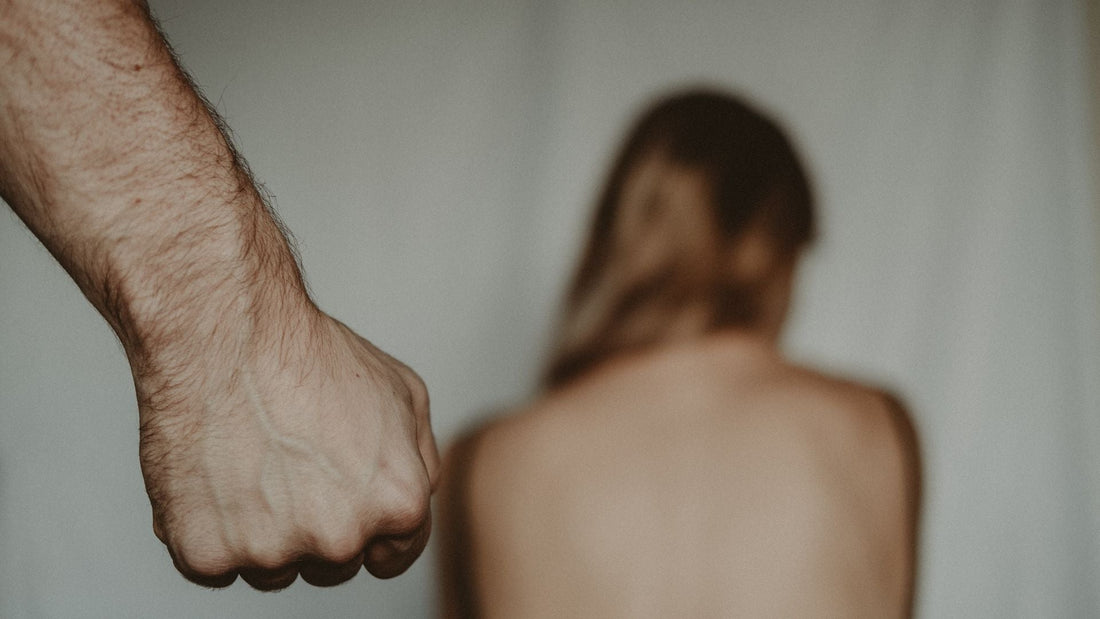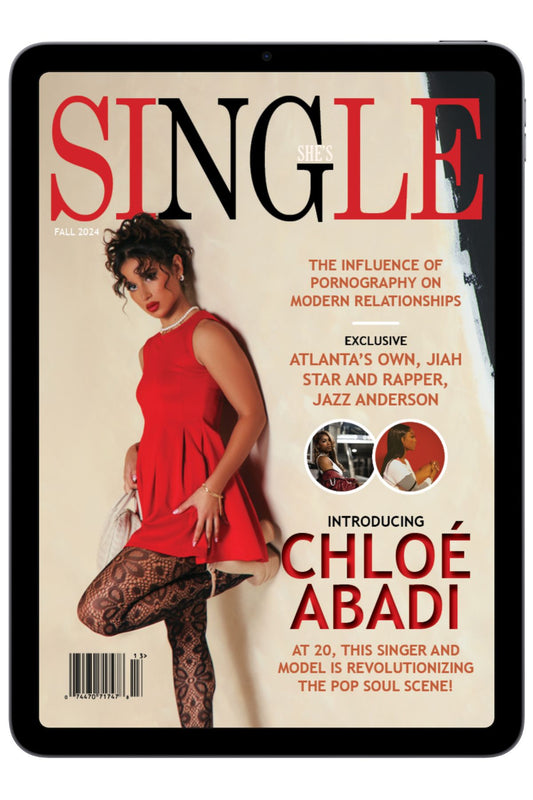How To Heal After an Abusive Relationship

Abuse is a serious issue and unfortunately, it’s more of an issue than many of us realize. Even if you do get out of that abusive relationship there is a lot of mental traumas and struggles that you’re left to deal with. This article aims to give you a few ideas on how to heal after an abusive relationship.
While many people tend to think of abuse only in terms of physical abuse and violence against a partner, there is more to it than that. While physical abuse can leave external scars and injuries, it also leaves behind a lot of internal damage as well. Healing after experiencing something like this involves much more than just physical recovery.
Another thing that’s important to realize is there doesn’t need to be physical violence happening for someone to abuse their partner. There are many other forms, (i.e., verbal or emotional abuse). It’s also important to note sexual abuse is a form of abuse as well. Although it could be placed under physical abuse it is a separate experience. All forms of abuse are extremely harmful and recovering is not an overnight process.
According to Heather Timm, a licensed professional counselor and blogger at courageousandmindful.com, “The more common form of abuse that I have worked with clients on is emotional abuse that they have experienced at the hands of their partner.” So while most of us jump to the conclusion of physical abuse, other forms can be just as pervasive in our society.
It may also be easily dismissed and make us second guess ourselves about whether we’ve experienced abuse in the first place. Timm continued, “I have had clients explain to me that it is hard to describe emotional abuse to friends and family because there are no bruises or broken bones. And friends and family would question them about their experiences with emotional abuse and ask things like, ‘are you sure that you weren’t misunderstanding what they were saying.’ Or ‘Are you taking it out of context because you were fighting?’”
So, it’s important that if you feel you’re experiencing emotional or verbal abuse that you don’t allow others to diminish its significance, even if they do mean well. Emotional abuse is just as painful and harmful of an experience.
Once you finally remove yourself from that relationship, there are solid steps you can take to recover from that experience. Shagun Maruya, who is a counseling psychologist and psychotherapist at ursafespace.com, offered some advice on ways to start your recovery journey.
She stated, “Accept the existence and aftermath of abuse. when we are in an intimate relationship, we have a clouded judgment. This makes us not want to accept that the one we love is hurting us. The first step to healing is accepting that your partner hurt you.” This is a big one, especially for those who experience forms of abuse that tend to be downplayed or questioned, as mentioned earlier.
Maruya continued to suggest working on your own perception of the world. “Changing negative thought patterns after or during abuse may bring our thought process to get distorted.” She went on to describe how this can lead “to flawed thinking patterns such as black and white thinking (I either get this right or I’m a failure), over-generalizing (all men are the same), etc. Consciously working on changing these patterns will facilitate your present and future relationships.”
While these may be difficult, they’re important steps to take into account when trying to heal that relationship. One that might come a little easier to you is spending time with friends and family. Maruya suggests, “Indulging in self-care. Reaching out to friends and family, indulging in hobbies and doing things to make you happy are included in this. This will make you realize your true self-worth and help you move on from the past.”
Oftentimes these relationships can isolate you from others or doing things you enjoy. So a big part of healing and moving on from that is definitely bringing those people and things you care about back into your life.
Both Maruya and Timm suggest seeking professional help in recovering from an abusive relationship. This can help you to work through the more deep-rooted trauma that you’ve experienced. It can also give you a safe and neutral space to work through this transition and healing process. Timm elaborated on this, stating, “Because until an abused person can make sense of their experience and create a healthy narrative around their own self-worth, they are at risk of moving into yet another abusive relationship.”
It’s important to note that there is no one way to heal from abuse and the trauma that comes with it. What may work for some may not be impactful for others. Regardless, the fact that you’ve made it out of that relationship is cause to be proud of yourself. I wish you the best luck in your journey, and hope that some of this advice can assist in your healing.
by Megan Sheckells









